Negative SEO used to be a myth, but it seems that the SEO world has not only accepted it as a reality but in some ways even embraced it as a strategy. Among most SEO consultants conclude that negative SEO is just evil–but is it illegal?
Is there a law that prohibits negative SEO? Of course not. The law has never been so agile. Some may argue there should be, but for right now, any recourse requires dependence on old legal theories to new circumstances. The same occurred with copyright laws as it applied to sharing digital music on Napster.
Whether you are trying to prevent legal liability in your ruthless negative SEO tactics or you want to pursue claims against a competitor who just dropped your rankings, you are travelling in untested territory. Tread forward accordingly.
What is Negative SEO?
This is not an SEO blog nor am I an SEO expert, but like all legal matters, you need to know what facts you are dealing with.
The general purpose of negative SEO is to lower another site’s (other than yours) search engine results page (“SERP”) ranking. The known methods focus mostly on “link based” negative SEO, but there are “non-link based” or “linkless based” negative SEO tactics as well.
Link Based SEO
Link based SEO exploits algorithms by search engines like Google that penalize sites that utilize so-called black hat tactics to generate back links to the site. You can find a number of anecdotal case studies that proves the existence of competitors using such methods to attack another competitor.
The most compelling proof comes from Google itself with its “Disavow Tool.” Google says, “if you believe your site’s ranking is being harmed by low-quality links you do not control, you can ask Google not to take them into account when assessing your site. You should still make every effort to clean up unnatural links pointing to your site. Simply disavowing them isn’t enough.” Though this tool seems helpful, there is not much out there that really confirm it works.
Some SEO consultants report having to disavow links on a regular basis. Besides the damages caused by a lower ranked SERP, there is calculable out-of-pocket costs associated with the time to disavow. What is worse is that unless you know what to look for, a website owner is likely completely unaware of links that need disavowing.
Non-Link Based SEO
One of the linkless tactics include cloning duplicate content. Search engines do not like duplicate content. A negative SEO tactic includes the posting of a target website’s duplicate content on other sites that either have more credibility or in some way negatively effects the credibility of the original content.
Some of the other non-link based negative SEO methods include are plainly unscrupulous. They include hacking sites, misrepresenting identities to get positive backlinks removed, and blacklisting IP addresses or domains through spam or other online scripts.
There have been other reports of website owners receiving extortion emails threatening an negative SEO attack unless the website owner ponies up some money.
The Legal Options
Negative SEO present legal obstacles for those seeking a legal remedy. The first problem is that very rarely does a victim of negative SEO actually know who is the perpetrator. Even if somehow an IP address was obtained, there would be no telling whether that address could traceback to an actual responsible party.
Putting aside the unknown defendant enigma for a moment, under what legal theory or “cause of action” would you have against a competitor who utilized a negative SEO attack against you?
For some negative SEO methods, there may be clear recourse. For example, if someone were to falsely represent to a high ranking site that you desire to remove a backlink, you would have substantial and clear claims against that actor. If you needed to remove duplicate content, you would not even have to know the perpetrator, but rather a DMCA takedown request would be sufficient.
Intentional Interference of Economic Advantage
What about the more typical link based negative SEO tactics? Is it possible to stop someone from linking to your website? Should you be able to stop it?
At the time of publishing, there has been no known legal theory yet accepted to pursue claims against negative SEO link building; however, it has been suggested that a tort-based cause of action may have traction in certain jurisdictions.
Intentional interference of an economic advantage (or an analogous intentional tort) available in many state jurisdictions creates a real, but untested, legal recourse for victims of such tactics. In general, the elements of intentional interference of an economic advantage are: (i) an economic relationship between the plaintiff (the website) and some third party (Google) containing the probability of future economic benefit to the plaintiff (Website), (ii) knowledge by the defendant (Negative SEO’er) of the existence of the relationship, (iii) intentional acts on the part of the defendant designed to disrupt the relationship, (iv) actual disruption of the relationship, and (v) damages to the plaintiff proximately caused by the acts of the defendant.
In such a case, the plaintiff would have to argue that the website owner and Google had an economic relationship that would have resulted in an economic benefit. It would also need to be shown that the Negative SEO’er knew of this Google and Website owner relationship and that the Negative SEO’er engaged in wrongful conduct to disrupt the relationship in such a way that harmed the website owner.
There are many ways a Negative SEO’er can put a wrench into this legal theory including busting up the notion there is some kind of economic relationship between Google and website that happens to be listed in its search engine directory.
The most vulnerable part of an intentional interference of economic advantage claim is the “wrongful act” part. Usually the conduct has to fall outside what would be considered fair competition. Though the courts seem to be unclear as to whether wrongful conduct must violate a statute or regulation or perhaps violate a standard of trade or profession. Is farming backlinks to a third party site a “wrongful act” as it applies to this cause of action? The case would be won or lost in this regard.
Some jurisdictions like California allow you to name “Doe” defendants, i.e. defendants that you may not know the identity. The advantage is that you may be able to conduct subpoena requests to help track down possible defendants. If you can find some traces to a domestic entity or person, you have a viable defendant.
Defamation
There has been some legal commentary suggesting the a defamation claim may be used to combat negative SEO. Defamation is not really a good fit because there is really no statement being made nor a statement of fact that is not true. Though negative SEO can cause tremendous damage, courts would have a difficult time stretching this common law cause of action. A backlink does not claim affiliation with the linked site nor does the backlink really in itself make any statement at all.

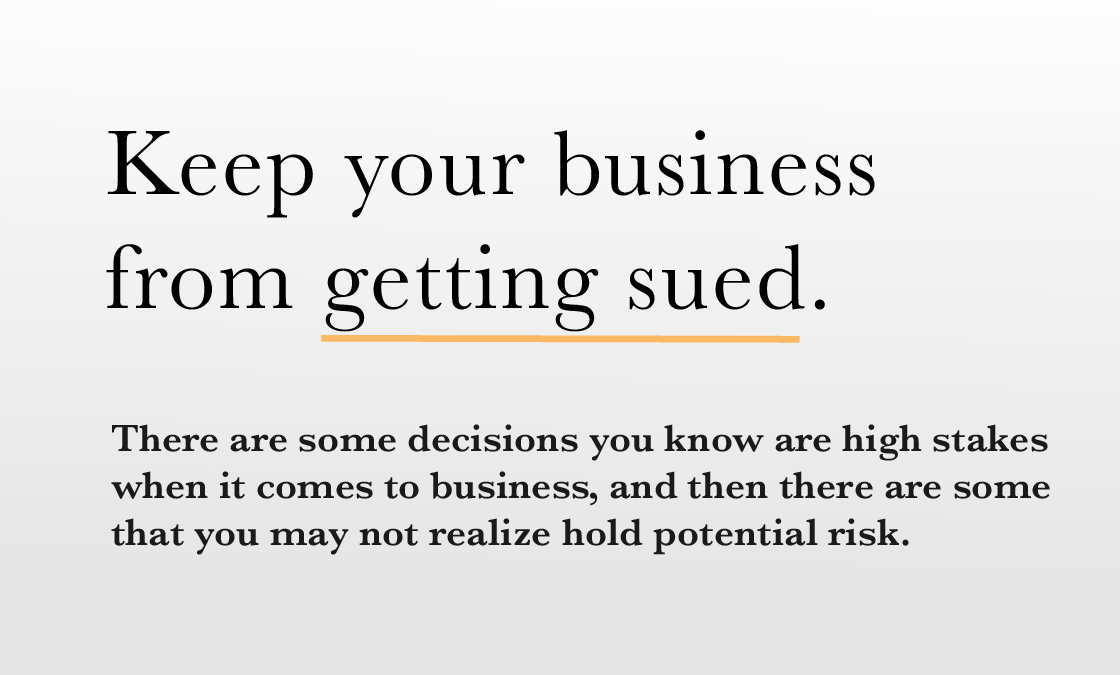

![Explaining the Hans Niemann Chess Lawsuit v. Magnus Carlsen [e320]](https://www.pashalaw.com/wp-content/uploads/2022/10/LAWYER-EXPLAINS-7-1024x576.png)

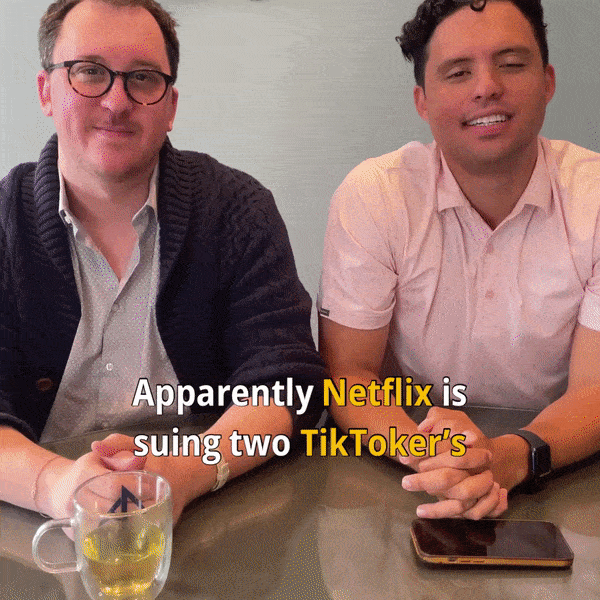
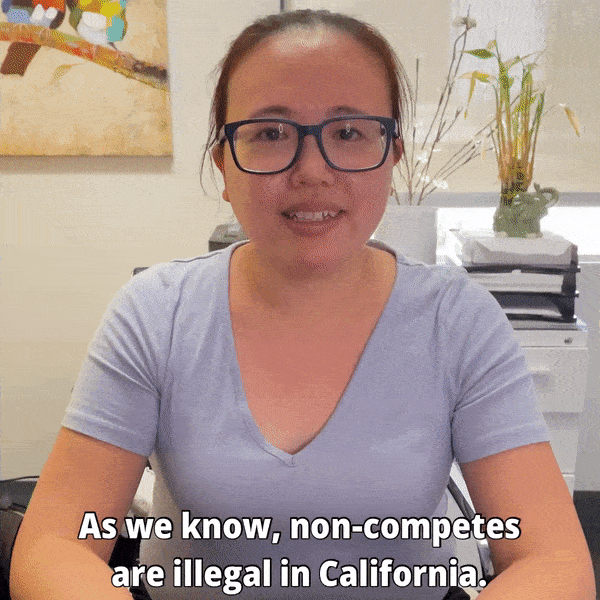
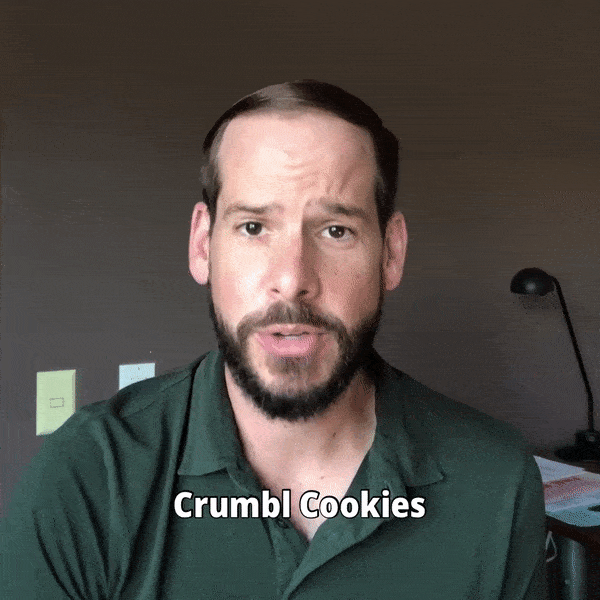

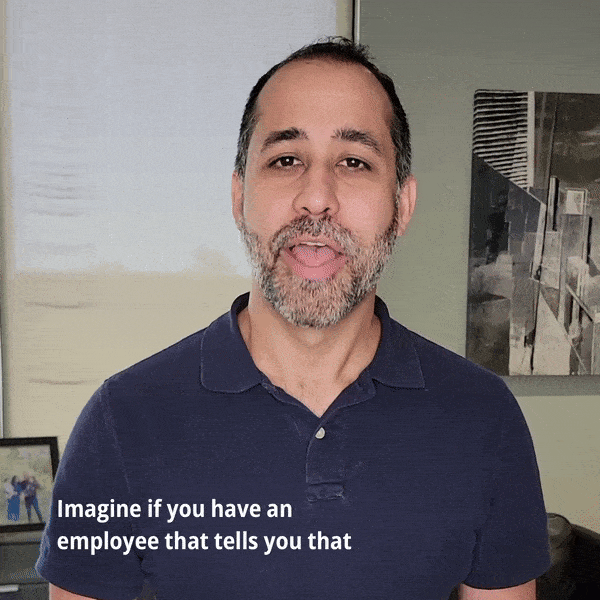
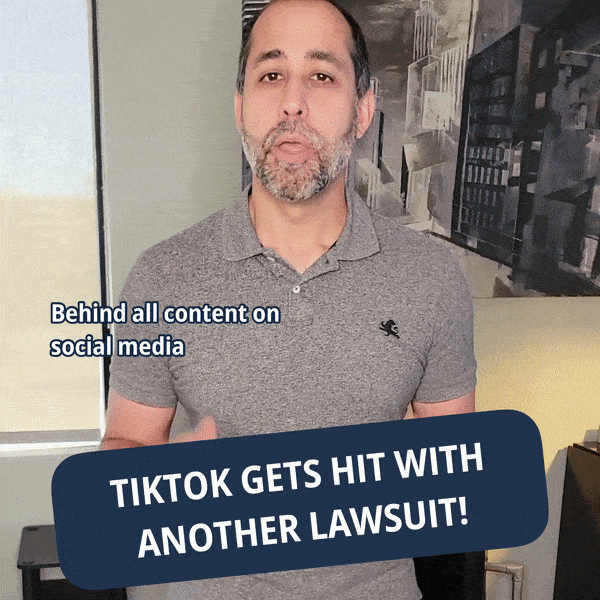

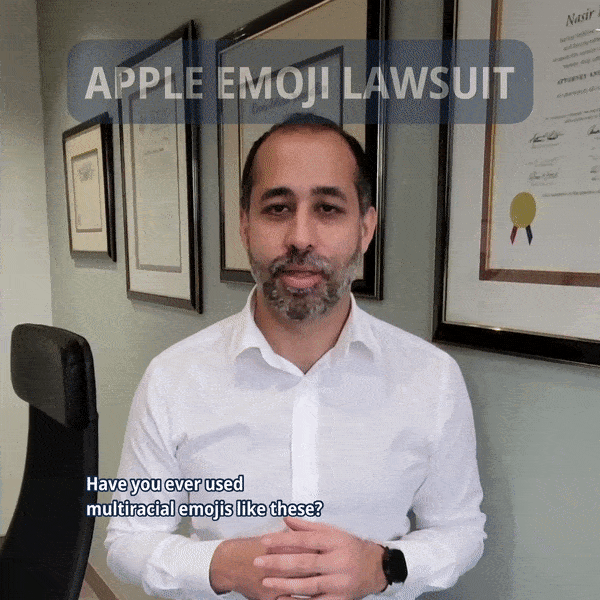
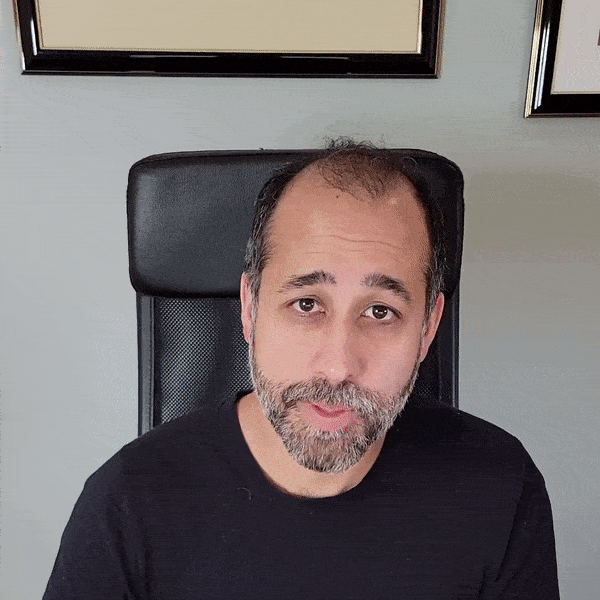




![Law in the Digital Age: Exploring the Legal Intricacies of Artificial Intelligence [e323]](https://www.pashalaw.com/wp-content/uploads/2023/11/WhatsApp-Image-2023-11-21-at-13.24.49_4a326c9e-300x212.jpg)
![Unraveling the Workforce: Navigating the Aftermath of Mass Layoffs [e322]](https://www.pashalaw.com/wp-content/uploads/2023/07/Untitled-design-23-300x212.png)
![Return to the Office vs. Remote: What Can Employers Legally Enforce? [e321]](https://www.pashalaw.com/wp-content/uploads/2023/01/Pasha_LSSB_321_banner-300x212.jpg)
![Explaining the Hans Niemann Chess Lawsuit v. Magnus Carlsen [e320]](https://www.pashalaw.com/wp-content/uploads/2022/10/LAWYER-EXPLAINS-7-300x169.png)
![California v. Texas: Which is Better for Business? [313]](https://www.pashalaw.com/wp-content/uploads/2021/07/Pasha_LSSB_CaliforniaVSTexas-300x212.jpg)
![Buyers vs. Sellers: Negotiating Mergers & Acquisitions [e319]](https://www.pashalaw.com/wp-content/uploads/2022/06/Pasha_LSSB_BuyersVsSellers_banner-300x212.jpg)
![Employers vs. Employees: When Are Employment Restrictions Fair? [e318]](https://www.pashalaw.com/wp-content/uploads/2022/05/Pasha_LSSB_EmployeesVsEmployers_banner-1-300x212.jpg)
![Vaccine Mandates Supreme Court Rulings [E317]](https://www.pashalaw.com/wp-content/uploads/2022/02/WhatsApp-Image-2022-02-11-at-4.10.32-PM-300x212.jpeg)
![Business of Healthcare [e316]](https://www.pashalaw.com/wp-content/uploads/2021/11/Pasha_LSSB_BusinessofHealthcare_banner-300x212.jpg)
![Social Media and the Law [e315]](https://www.pashalaw.com/wp-content/uploads/2021/10/WhatsApp-Image-2021-10-06-at-1.43.08-PM-300x212.jpeg)
![Defining NDA Boundaries: When does it go too far? [e314]](https://www.pashalaw.com/wp-content/uploads/2021/09/Pasha_LSSB_NDA_WordPress-2-300x212.jpg)
![More Than a Mistake: Business Blunders to Avoid [312] Top Five Business Blunders](https://www.pashalaw.com/wp-content/uploads/2021/06/Pasha_LSSB_Blunders_WP-1-300x212.jpg)
![Is There a Right Way to Fire an Employee? We Ask the Experts [311]](https://www.pashalaw.com/wp-content/uploads/2021/02/Pasha_LSSB_FireAnEmployee_Website-300x200.jpg)
![The New Frontier: Navigating Business Law During a Pandemic [310]](https://www.pashalaw.com/wp-content/uploads/2020/12/Pasha_LSSB_Epidsode308_Covid_Web-1-300x200.jpg)
![Wrap Up | Behind the Buy [8/8] [309]](https://www.pashalaw.com/wp-content/uploads/2020/11/Pasha_BehindTheBuy_Episode8-300x200.jpg)
![Is it all over? | Behind the Buy [7/8] [308]](https://www.pashalaw.com/wp-content/uploads/2020/09/iStock-1153248856-overlay-scaled-300x200.jpg)
![Fight for Your [Trademark] Rights | Behind the Buy [6/8] [307]](https://www.pashalaw.com/wp-content/uploads/2020/07/Fight-for-your-trademark-right-300x200.jpg)
![They Let It Slip | Behind the Buy [5/8] [306]](https://www.pashalaw.com/wp-content/uploads/2020/06/Behind-the-buy-they-let-it-slip-300x200.jpg)
![Mo’ Investigation Mo’ Problems | Behind the Buy [4/8] [305]](https://www.pashalaw.com/wp-content/uploads/2020/05/interrobang-1-scaled-300x200.jpg)
![Broker or Joker | Behind the Buy [3/8] [304] Behind the buy - Broker or Joker](https://www.pashalaw.com/wp-content/uploads/2020/04/Joker-or-Broker-1-300x185.jpg)
![Intentions Are Nothing Without a Signature | Behind the Buy [2/8] [303]](https://www.pashalaw.com/wp-content/uploads/2020/04/intentions-are-nothing-without-a-signature-300x185.jpg)
![From First Steps to Final Signatures | Behind the Buy [1/8] [302]](https://www.pashalaw.com/wp-content/uploads/2020/04/first-steps-to-final-signatures-300x185.jpg)
![The Dark-side of GrubHub’s (and others’) Relationship with Restaurants [e301]](https://www.pashalaw.com/wp-content/uploads/2015/04/When-Competition-Goes-Too-Far-Ice-Cream-Truck-Edition-300x201.jpg)
![Ultimate Legal Breakdown of Internet Law & the Subscription Business Model [e300]](https://www.pashalaw.com/wp-content/uploads/2019/05/Ultimate-Legal-Breakdown-of-Internet-Law-the-Subscription-Business-Model-300x196.jpg)
![Why the Business Buying Process is Like a Wedding?: A Legal Guide [e299]](https://www.pashalaw.com/wp-content/uploads/2019/03/futura-300x169.jpg)
![Will Crowdfunding and General Solicitation Change How Companies Raise Capital? [e298]](https://www.pashalaw.com/wp-content/uploads/2018/11/Will-Crowdfunding-and-General-Solicitation-Change-How-Companies-Raise-Capital-300x159.jpg)
![Pirates, Pilots, and Passwords: Flight Sim Labs Navigates Legal Issues (w/ Marc Hoag as Guest) [e297]](https://www.pashalaw.com/wp-content/uploads/2018/07/flight-sim-labs-300x159.jpg)
![Facebook, Zuckerberg, and the Data Privacy Dilemma [e296] User data, data breach photo by Pete Souza)](https://www.pashalaw.com/wp-content/uploads/2018/04/data-300x159.jpg)
![What To Do When Your Business Is Raided By ICE [e295] I.C.E Raids business](https://www.pashalaw.com/wp-content/uploads/2018/02/ice-cover-300x159.jpg)
![General Contractors & Subcontractors in California – What you need to know [e294]](https://www.pashalaw.com/wp-content/uploads/2018/01/iStock-666960952-300x200.jpg)
![Mattress Giants v. Sleepoplis: The War On Getting You To Bed [e293]](https://www.pashalaw.com/wp-content/uploads/2017/12/sleepopolis-300x159.jpg)
![The Harassment Watershed [e292]](https://www.pashalaw.com/wp-content/uploads/2017/12/me-2-300x219.jpg)
![Investing and Immigrating to the United States: The EB-5 Green Card [e291]](https://www.pashalaw.com/wp-content/uploads/2012/12/eb-5-investment-visa-program-300x159.jpg)
![Responding to a Government Requests (Inquiries, Warrants, etc.) [e290] How to respond to government requests, inquiries, warrants and investigation](https://www.pashalaw.com/wp-content/uploads/2017/10/iStock_57303576_LARGE-300x200.jpg)
![Ultimate Legal Breakdown: Employee Dress Codes [e289]](https://www.pashalaw.com/wp-content/uploads/2017/08/Ultimate-Legal-Breakdown-Template-1-300x159.jpg)
![Ultimate Legal Breakdown: Negative Online Reviews [e288]](https://www.pashalaw.com/wp-content/uploads/2017/06/Ultimate-Legal-Breakdown-Online-Reviews-1-300x159.jpg)
![Ultimate Legal Breakdown: Social Media Marketing [e287]](https://www.pashalaw.com/wp-content/uploads/2017/06/ultimate-legal-breakdown-social-media-marketing-blur-300x159.jpg)
![Ultimate Legal Breakdown: Subscription Box Businesses [e286]](https://www.pashalaw.com/wp-content/uploads/2017/03/ultimate-legal-breakdown-subscription-box-services-pasha-law-2-300x159.jpg)
![Can Companies Protect Against Foreseeable Misuse of Apps [e285]](https://www.pashalaw.com/wp-content/uploads/2017/01/iStock-505291242-300x176.jpg)
![When Using Celebrity Deaths for Brand Promotion Crosses the Line [e284]](https://www.pashalaw.com/wp-content/uploads/2017/01/celbrity-300x159.png)
![Are Employers Liable When Employees Are Accused of Racism? [e283] Racist Employee](https://www.pashalaw.com/wp-content/uploads/2016/12/Are-employers-liable-when-an-employees-are-accused-of-racism-300x159.jpg)
![How Businesses Should Handle Unpaid Bills from Clients [e282] What to do when a client won't pay.](https://www.pashalaw.com/wp-content/uploads/2016/12/How-Businesses-Should-Handle-Unpaid-Bills-to-Clients-300x159.png)
![Can Employers Implement English Only Policies Without Discriminating? [e281]](https://www.pashalaw.com/wp-content/uploads/2016/11/Can-Employers-Impliment-English-Only-Policies-Without-Discriminating-300x159.jpg)
![Why You May No Longer See Actors’ Ages on Their IMDB Page [e280]](https://www.pashalaw.com/wp-content/uploads/2016/10/IMDB-AGE2-300x159.jpg)
![Airbnb’s Discrimination Problem and How Businesses Can Relate [e279]](https://www.pashalaw.com/wp-content/uploads/2016/09/airbnb-300x159.jpg)
![What To Do When Your Amazon Account Gets Suspended [e278]](https://www.pashalaw.com/wp-content/uploads/2016/09/What-To-Do-When-Your-Amazon-Account-Gets-Suspended-1-300x200.jpg)
![How Independent Artists Reacted to Fashion Mogul Zara’s Alleged Infringement [e277]](https://www.pashalaw.com/wp-content/uploads/2016/08/How-Independent-Artists-Reacted-to-Fashion-Mogul-Zaras-Alleged-Infringement--300x159.jpg)
![Can Brave’s Ad Replacing Software Defeat Newspapers and Copyright Law? [e276]](https://www.pashalaw.com/wp-content/uploads/2016/08/Can-Braves-Ad-Replacing-Software-Defeat-Newspapers-and-Copyright-Law-300x159.jpg)
![Why The Roger Ailes Sexual Harassment Lawsuit Is Far From Normal [e275]](https://www.pashalaw.com/wp-content/uploads/2016/07/WHY-THE-ROGER-AILES-SEXUAL-HARASSMENT-LAWSUIT-IS-FAR-FROM-NORMAL-300x159.jpeg)
![How Starbucks Turned Coveted Employer to Employee Complaints [e274]](https://www.pashalaw.com/wp-content/uploads/2016/07/iStock_54169990_LARGE-300x210.jpg)
